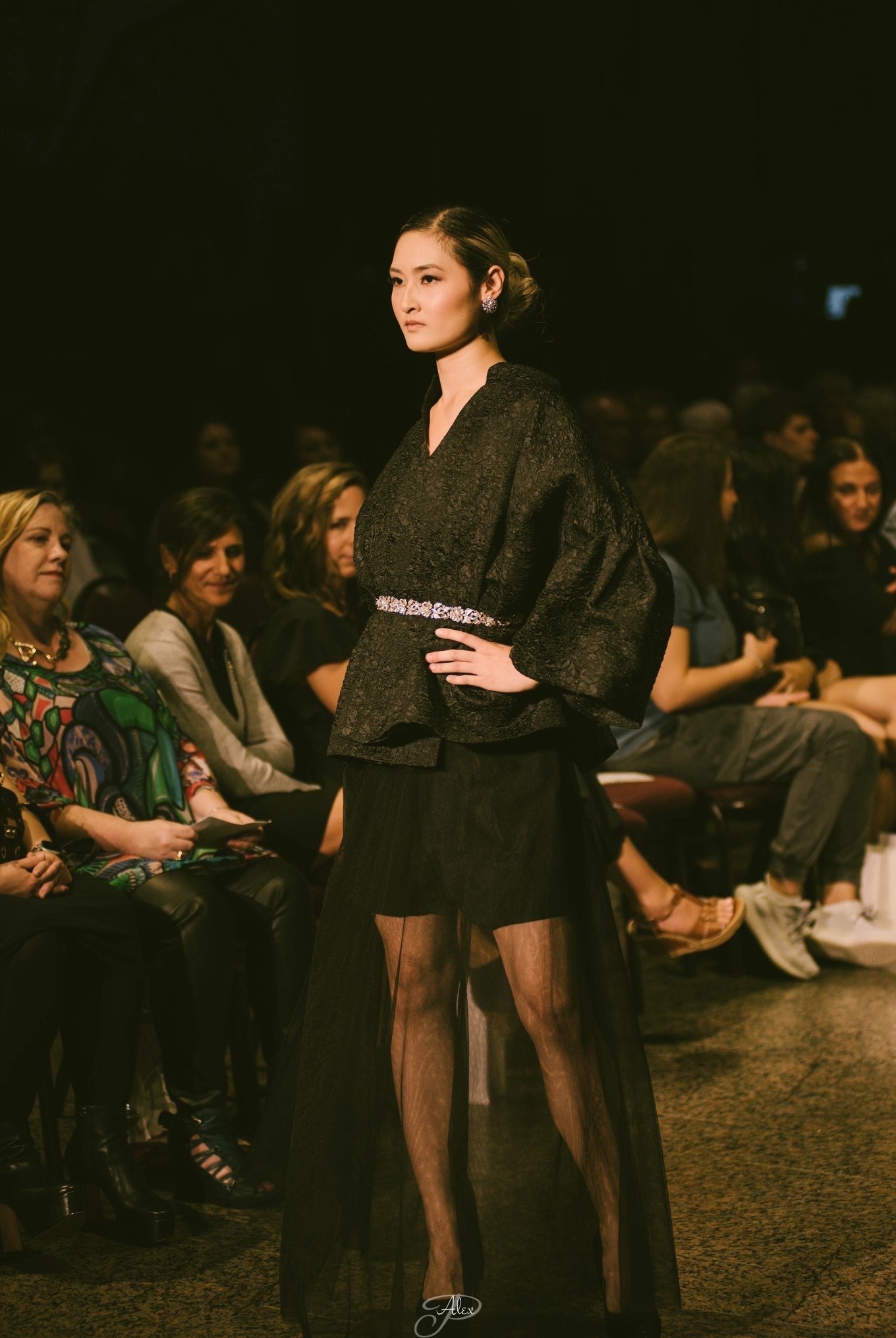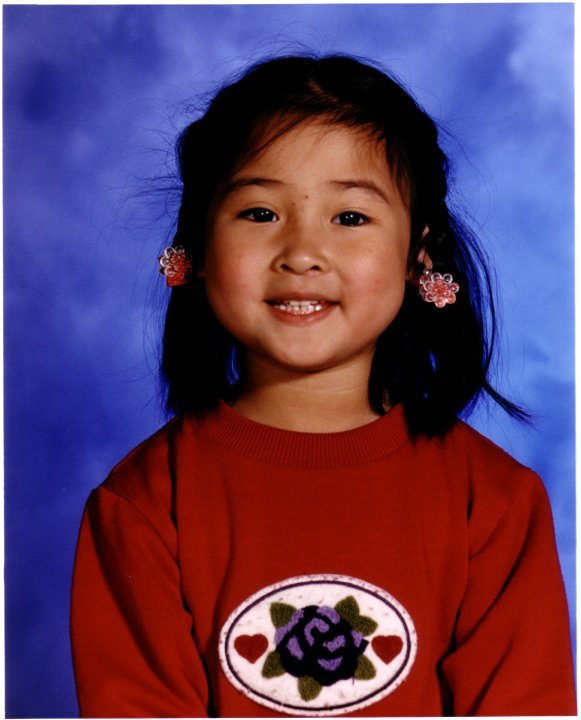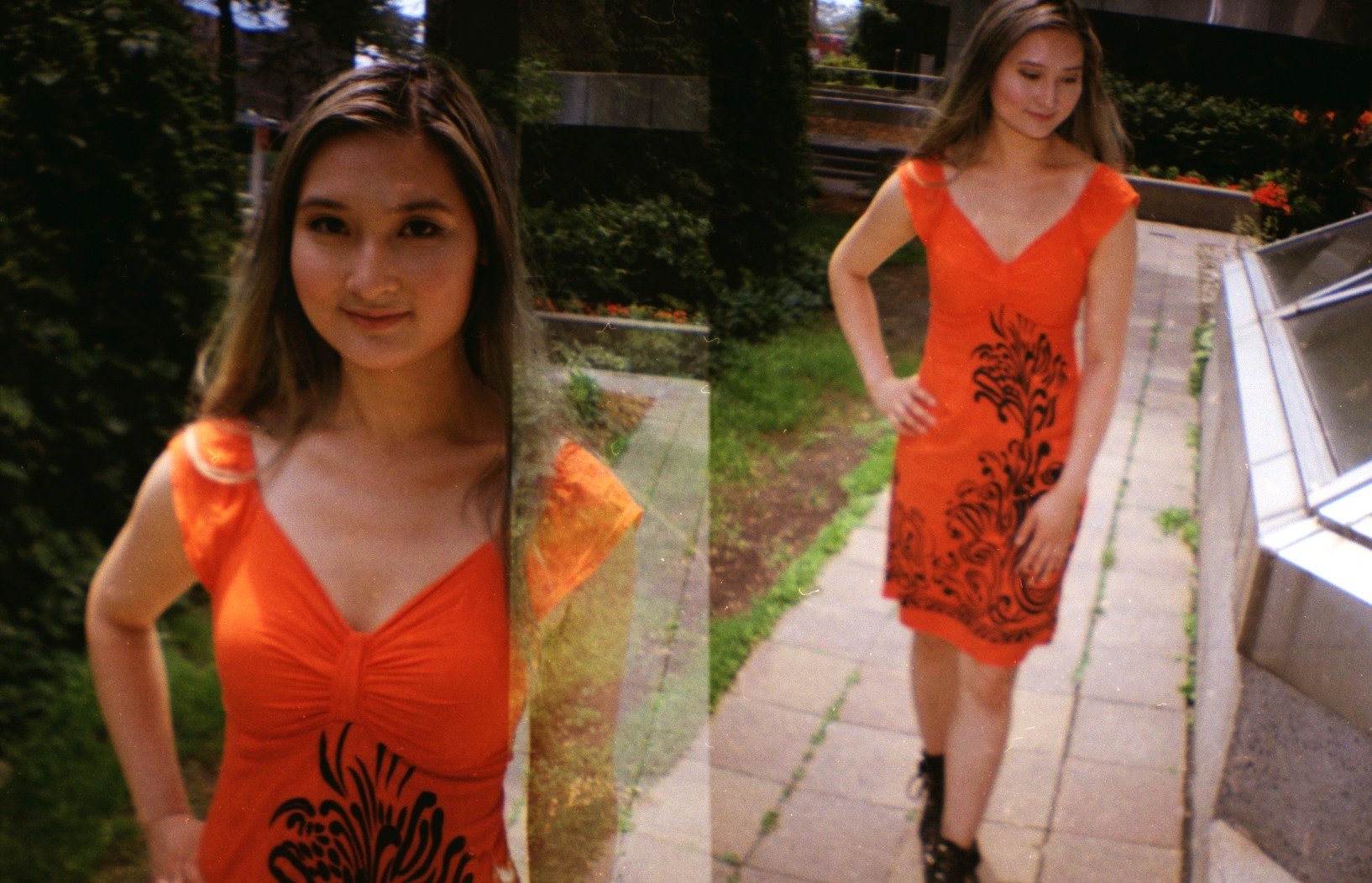My Depression Era
Author: Dancia Susilo
TW: This Unsinkable story discusses self-harm, suicidal ideation, and suicide attempt. We invite our community to read it only if it's the right time for them! If you're struggling, please reach out to the Crisis Text Line or Kids Help Phone.
.
.
.
When you think of a five-year-old, what comes to mind? Playfulness? Joy? Stress-free? For me, age five was the start of a new era—my depression era.
At age five, like most other toddlers, I was afraid of death. I was afraid of what comes next and if I’d get sent to heaven. Yet, I wanted to die. Every day I felt alone, pensive, and in pain. I didn’t know why and I didn’t know how to express this. I didn’t know what this was.
At age six, I attempted suicide for the first time. I would later find out I had “double depression,” a combination of Major Depressive Disorder (MDD) and Dysthymia (chronic depression). I don’t remember where my parents were in the house, but it wasn’t the second floor and I knew they wouldn’t come upstairs for a while. I snuck into my parents’ closet and took one of my father’s ties. I made a “noose” and tried to hang myself in my closet. I was too heavy at this point and before I could fully step off of my shelf, the walls where the clothes rod was attached started to make cracking sounds. I was afraid I would damage my parents’ house and get into trouble while surviving the attempt. I regretted not being “brave enough” to attempt killing myself when I first had the thought at age five, when I was drastically lighter. I quickly put the tie back and my parents never knew what happened.
The double depression persisted and throughout elementary school, I attempted suicide a few more times. The first time my mother gave me perfume, she was so excited to share a girls’ moment—to share something beautiful with me. She was so careful to tell me not to consume it because it was poisonous. Yet, my mind saw it as a way out. After collecting a few more perfume samples, I drank the vials. It tastes like gin, by the way, regardless of the smell. I don’t recommend it.
By age 11, I was frustrated and didn’t know what to do. I went online and searched up how to kill myself. Pages upon pages appeared about suicide, depression, and mental illness. This was my turning point. I no longer felt alone and I started to understand it as an illness, just like catching a cold.
This same year I had to write and deliver a speech for school. I gave my speech on Suicide and Depression. Although my teacher wasn’t happy with my topic selection, it opened up a conversation about these dark feelings. I learned that so many students in my class felt similarly. We no longer felt alone. We no longer felt like something was wrong with us. In a way, it alleviated suicidal thoughts and the need to self-harm.
The next year, I gave my speech on Eating Disorders, focusing on Anorexia Nervosa, Bulimia Nervosa, and Pica. I lost a lot of marks because it didn’t fit with “Catholic teachings”—I saw the way teachers looked at me after. It changed. They judged me. They didn’t like what I had to say.
This is when I realized how prevalent the stigma around mental health was and how it would force children struggling to feel isolated, pushing them further into their illness. I was then determined to make a change.
Going into high school, I sought out a teacher who had similar views as me and I was determined to force change. I started a mental health club and we began attending mental health conferences and symposiums. I spent my P.A. Days taking online training from Johns Hopkins University and reading Psychology Today, Psychiatric Times, and the Diagnostic and Statistical Manual every day. A year later, I started going to my school board during P.A. Days to talk about the prevalence of youth mental health struggles and why it’s important to stop the stigma and provide resources for students. I created a blog and wrote technical articles outlining the biophysical aspects of mental health, since many people did not view mental illness as a real thing. I was bold. I was loud. I wasn’t afraid of being judged. Psych2Go Organization noticed this and hired me as their youngest writer. Their other writers at the time were generally Masters students in Psychology. Being the youngest in the room—while talking about these serious topics—gave me a new sense of the future. Although I still felt suicidal, I also felt I needed to complete my project and goals so other students would never have to feel the same way I did ever again.
During my senior year, I partnered with Jack.Org and learned how to write grants, fundraise, and plan events. I became close with members of the school board and staff. I felt assured that I made a permanent change for the better. Psych2Go Organization expanded to release a magazine, which I joined as a writer and editor. I was then quickly promoted to marketing manager, and promoted again, later that year, to become their assistant general manager. I started to work on personal art projects to help fund my university expenses. I released a cover album about mental health that year and published my first book a year later.
My first book, Collection of Thought, was a compilation of selected poems I wrote between the ages of 11-17. I ordered it in short chapters to exemplify the thought progression of someone going through Cognitive Behavioural Therapy. It allowed people who didn’t understand depression and therapy to visualize the changes in thought patterns and how people with depression view the world. It went through three print runs and provided me access to a world I never knew. Though I was not a career writer, I was invited to writers’ circles and private events for national literary awards. I was proud of myself and happy with my success, and yet, I still felt suicidal.
Throughout the years since age 12, I had been trying to see a clinical psychologist. Unfortunately, the child psychologists said my mentality was more mature and that I would be better suited with an adult psychologist. The adult psychologists said I was too “high risk” so they did not want to take me on as a client. I tried over 10 psychologists, social workers, and counsellors before finding a good fit. Talking to her and a few new friends I made at the gym lifted a mental block. I finally realized some things in my life were traumatic but I hadn’t realized this before because it was my idea of normal—my suicidal tendencies were highly influenced by underlying trauma that I did not realize was trauma.
I started to date someone from my friend group and within a couple of years (age 22) I was no longer suicidal for the first time since I was a toddler. Very early into our relationship, he watched a video interview of me talking about my mental health problems—I was acknowledged as one of Ottawa’s “Faces of Mental Health.” This was the only time I cared about what someone else thought (and how their views of me may change). I wouldn’t say my partner is the reason for my happiness, but having a good partner by my side allowed me to develop a sense of safety, both emotionally and physically. I was able to open up and discuss my past without fear of judgement—something I didn’t even know I was anxious about—especially since I had been so public about my mental health struggles and had spoken to audiences of up to 2000 people. His support allowed me to work through my own problems, which then led to my happiness. It’s important to note that although he provided the support that led to my happiness, he is not the sole cause, nor should anyone date someone else to become happy. Your happiness is not your partner’s responsibility.
This improved mindset allowed me to become more efficient and intentional in my goals. Before graduating with my B.A. (double honours) in Psychology and Linguistics from uOttawa, I had two peer-reviewed articles confirmed to be published by the British Psychological Society. I completed a Post-Graduate Certification from Wharton in Digital Marketing during COVID and got my first contract with a non-profit for an entry-level position. I also published my second book, Words Unspoken (now in its second edition). I decided to explore the non-profit career pathway and within a year I landed my first Executive Director position with The Missing Link Project, a start-up nonprofit focused on helping underprivileged youth gain more opportunities to live above the poverty line. It takes an upstream approach of providing education in Fitness, Mental Health, and Business/Financial Literacy. I also began my MSc program in Psychology and Neuroscience from King’s College London, UK and have research that will be presented at BPS’s annual conference.
I had extreme imposter syndrome because I was new to the non-profit sector and suddenly in a high-position role. I second-guessed every decision and spent all my extra time learning about the role by researching online and reaching out to hundreds of other Executive Directors (only a handful responded but at least I tried). Less than a year later, I won a national award presented by CharityVillage (Canada’s largest news outlet and resource for the non-profit sector) for “Most Outstanding Impact.” I felt more secure in my role and wanted to expand my impact. I’m now a Board Director of Ecology Ottawa, Ottawa Canadian Film Festival, and GAPAP. I also volunteer as a Community Advisor for Centretown Community Health Centre and am on the Communications Committee for Kiwanis.
I’m 24 now. I have been free from suicidal ideation and self-harm for two years. I now look forward to living a long life, dedicated to maintaining and improving my health and happiness. I look forward to spending the rest of my life with my fiancé, the same partner from four years ago.
What does being “unsinkable” mean to me? It means brace the currents and fight for what you believe in, even when you feel like you’re drowning. It’s to leverage your struggles and light the way for the people who struggle after you.
.
.
.
Connect with Dancia on Facebook, Linked In, Instagram or at danciaks.com!



